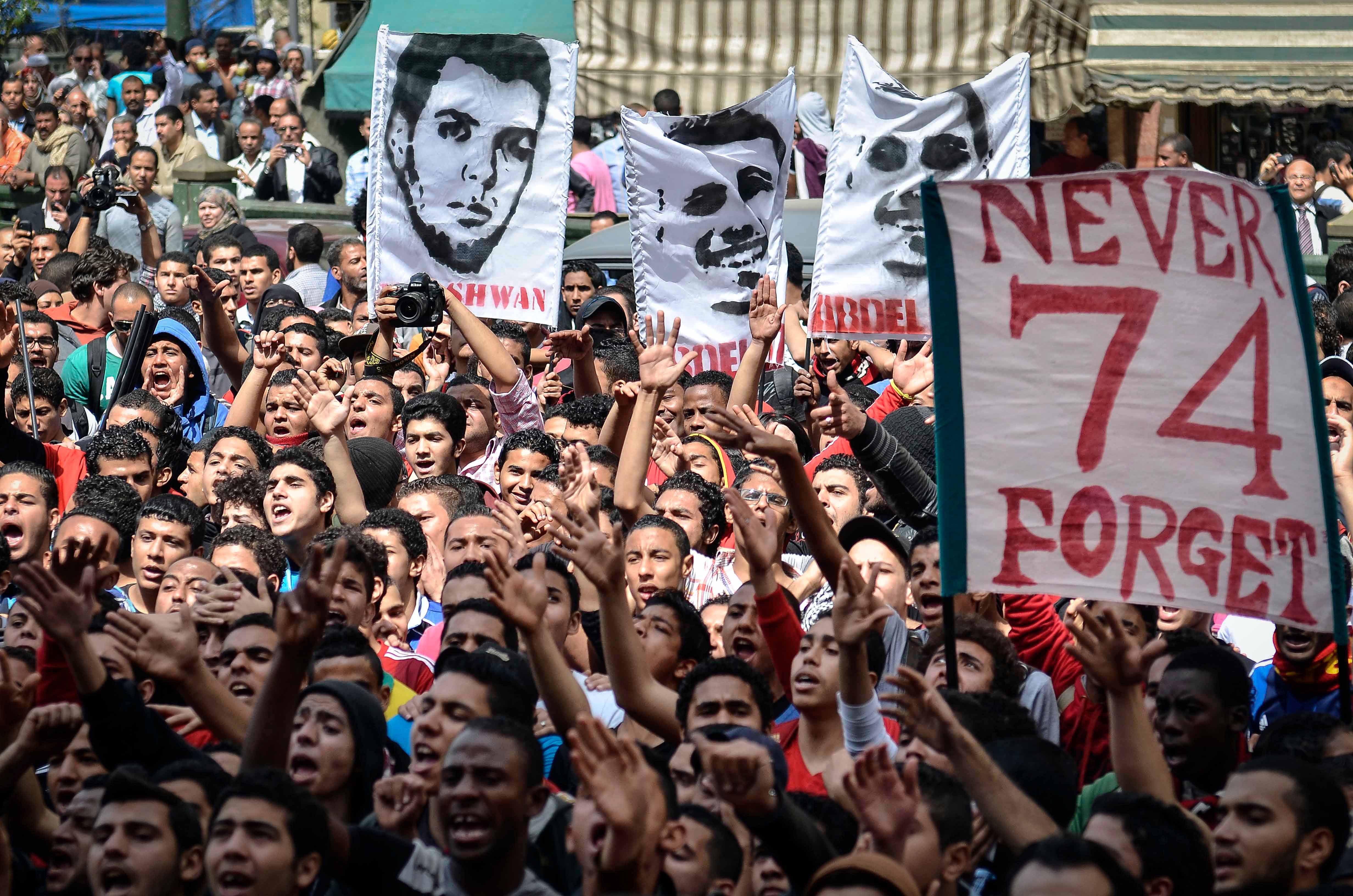As the 80th session of the United Nations General Assembly (UNGA) wrapped up in New York on 27 September 2025, Egypt emerged as a pivotal voice for the Global South under the banner “Together for Better: 80 Years and Beyond for Peace, Development, and Human Rights.” Foreign Minister Badr Abdelatty’s meeting with UNGA President Annalena Baerbock on 28 September underscored Cairo’s commitment to global stability—from leading aid efforts for Gaza to securing a seat on the International Civil Aviation Organization (ICAO) Council for 2025–2028. Yet Egypt’s diplomatic spotlight shone brightest on its fierce defense of Nile water rights against Ethiopia’s unilateral moves on the Grand Ethiopian Renaissance Dam (GERD). With 97% of Egypt’s water supply tied to the Nile and inflation soaring to 33% in 2024, can Egypt’s UNGA diplomacy safeguard food security and economic stability for its 100 million citizens, or will regional tensions undermine these efforts?
The Global Stage: Egypt’s Diplomatic Wins
Egypt’s role at UNGA 2025 was multifaceted, blending regional leadership with global aspirations. Its election to the ICAO Council, announced during the session, promises to boost tourism and trade—critical sectors for a nation grappling with a 30% poverty rate and a 30% drop in Suez Canal revenues due to Red Sea tensions. This win enhances Egypt’s leverage in global aviation, potentially creating jobs and easing the economic strain on families reliant on tourism dollars.
Equally significant was Egypt’s humanitarian push. At a Cairo-hosted Arab summit on 4 March 2025, Egypt spearheaded a $53bn Gaza reconstruction plan, reinforcing its role as a regional stabilizer. By facilitating 80% of Gaza’s aid through Rafah, Egypt not only bolsters security in Sinai but also secures Western and Gulf pledges—over $60bn since 2024—to support its economy. These efforts align with UNGA’s focus on sustainable development, positioning Egypt as a bridge between the Global South and international donors.

The Nile: A Lifeline Under Threat
At the heart of Egypt’s UNGA agenda was the GERD crisis. Ethiopia’s July 2025 announcement of unilateral dam operations sparked alarm in Cairo, which relies on the Nile for 97% of its water. With 60% of Egyptians dependent on agriculture, any reduction in Nile flow threatens food security—already strained by 33% inflation and rising bread prices. Abdelatty’s threat of international arbitration, backed by UNGA’s emphasis on water as a human right, signals Egypt’s readiness to escalate diplomatically. This stance resonates with the 600,000 Sudanese refugees in Egypt, whose survival also hinges on Nile-dependent resources.
The GERD dispute isn’t just about water; it’s about survival. A 2024 report warned that a 10% drop in Nile flow could slash Egypt’s agricultural output by 15%, spiking food prices and deepening poverty. Egypt’s UNGA push for a binding GERD agreement, supported by the UN’s Sustainable Development Goals, aims to protect farmers and urban consumers alike—ensuring bread remains affordable for millions.
Challenges: Regional Tensions and Economic Pressures
Despite diplomatic gains, Egypt faces mounting hurdles. The Gaza crisis, while a platform for leadership, strains resources. Hosting 600,000 Sudanese refugees amid economic woes—33% inflation and a devalued pound—tests Egypt’s capacity. The 30% Suez Canal revenue loss, driven by Houthi attacks in the Red Sea, further squeezes funds for social programs. Meanwhile, Ethiopia’s defiance on GERD risks escalating into a broader Nile Basin conflict, potentially destabilizing Egypt’s 100 million citizens who rely on stable food and water supplies.
The US, a key ally providing $1.3bn in annual aid, ties its support to reforms, adding pressure. While Egypt’s UNGA role strengthens its case for continued aid, the looming US government shutdown (reported on 30 September 2025) could disrupt funding, forcing Cairo to lean harder on Gulf partners. Balancing these dynamics requires deft diplomacy to maintain Egypt’s global standing without compromising domestic needs.
Egypt’s UNGA 2025 performance showcased its diplomatic muscle—from ICAO membership to Gaza aid leadership and Nile advocacy. These moves directly impact daily life: securing jobs through aviation, food through Nile waters, and stability through regional peace. Yet the GERD stalemate and economic pressures demand more than rhetoric. Egypt must leverage UNGA’s momentum to lock in a GERD deal, deepen Gulf partnerships, and push for UN-backed development funds.
The question remains: Can Egypt’s diplomacy turn global goodwill into tangible gains for its people—or will it remain a high-stakes balancing act? For 100 million Egyptians, the answer lies in the Nile’s flow and the food on their tables.
Dr. Marwa El-Shinawy – Academic and Writer


